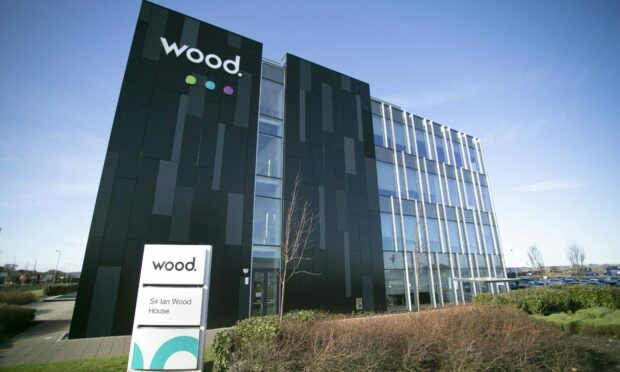Shares in engineering and project management giant Wood slumped more than 16% in London after it revealed a £73.5 million write-down on a US army deal gone bad in Poland.
The Aberdeen-based company’s stock was down by 36.55p at the market close, at 188.85p.
Wood said it was booking the exceptional charge – linked to a “legacy” project – in its full-year results.
It comes after a review of the carrying value of contracts as part of the group’s year-end accounting processes.
Acquisition baggage
Wood inherited the loss-making Polish project – Aegis Poland – through its £2.2 billion acquisition of Amec Foster Wheeler in 2017.
The write-down reflect management’s latest estimate of the expected loss at completion.
This has surged from around £98m as of the end of last June, to £163.2m, after accounting for revenue.
Project nearing completion
The new figure is also based on “certain estimates and assumptions relating to the date of completion, the costs to complete and net recoveries from the client”.
Wood added: “If the actual outcome differs from these estimates and assumptions, the ultimate loss will be different.”
Aegis Poland, which involves the construction of buildings to house the Aegis Ashore anti-missile defence facility for the US army, is expected to be operationally complete sometime during the first half of this year.
Meanwhile, Wood has told shareholders its 2021 results are delayed because of an external review.
The results were due to be unveiled on March 8 but the review, which is mainly concerned with the historical carrying value of the Aegis Poland contract, has pushed the date back.
‘Concerns raised internally’
Wood, which has yet to schedule a new date for the results, added: “This work supplements an internal review initiated following concerns raised internally in relation to the Aegis Poland project.”
Half-year results announced by Wood last August revealed pre-tax gains just shy of £13.5 m, compared with profits of about £660,000 a year earlier.
But revenue tumbled to £2.31 billion from nearly £3bn previously after Covid-19 impacted operations earlier last year.

